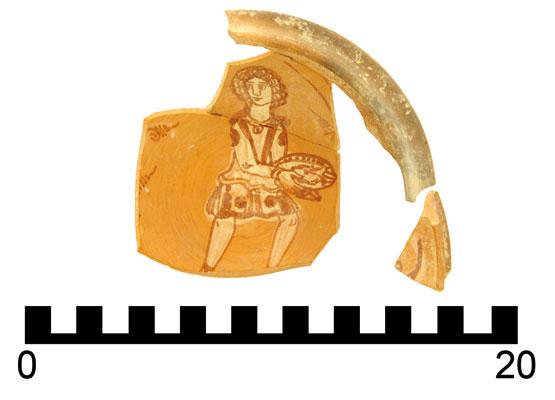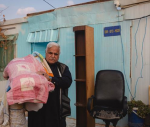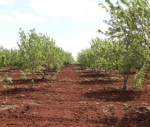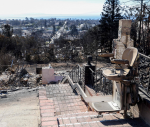You are here
Scholar calls for raising awareness of cultural interconnectedness between Greece, Levant
By Saeb Rawashdeh - Jan 02,2017 - Last updated at Jan 02,2017

Athina Lefa
AMMAN — Despite the existing cultural link between Greece and the Levant, there is still room to boost awareness of the “civilisational interconnectedness” between the two, according to a Greek scholar.
“Greece and [the] Levant are two regions that are related throughout human history from the very first moment of their existence,” archaeologist Athina Lefa told The Jordan Times in a recent interview.
The connection between the people who lived in these can be traced in numerous archaeological finds and historical evidence, the scholar, who holds a master’s degree from Hellenic Open University in Patras, Greece, underlined, stressing the importance of the Decapolis — 10 cities on the eastern frontline of the Roman Empire in the southeastern Levant.
“The Decapolis cities were founded during the Hellenistic period, between the death of Alexander the Great in 323 BC and the Roman conquest of Coele-Syria,” Lefa, who has spent a year in Jordan, explained.
“Most of the Decapolis region is located in modern-day Jordan, and the most impressive element of this case is that two of them, Pella [west of Irbid] and Dion-Capitolias [today Beit Ras] hold the exact same name of two cities in Greece, in the region of ancient Macedonia,” she added.
“Both constitute cities of high importance for their era [Hellenistic period] and region,” noted the archaeologist, who is also interested in cultural diplomacy, which incorporates the exchange of ideas, information and arts in order to foster mutual respect, understanding and cooperation between nations.
“Jordanian cultural sites are unique places of archaeological and cultural interest, and I had the chance to visit plenty of them during the time that I spent in the country,” she added.
Lefa said the level of awareness of the historical, cultural and religious interconnectedness between Greece and the Levant “is relatively low and this is mainly due to the general problem that archaeology faces in terms of awareness from the general public”.
“Obviously, scholars... conducting studies in these fields are identifying this connection in every step of their research, but for the vast majority of people, this is a case that is known to them mostly by tradition or vague oral narratives,” she explained.
In order to change this, Lefa suggested the establishment of a Greek institute that would promote the whole idea of interconnectedness and work on widening the areas of cooperation and interaction.
Noting that “cultural heritage belongs to the people”, she called for wider public access to archaeological sites rather that keeping them only for scientists and scholars.
Instead of using museums as “temples” where cultural items are stored, like a warehouse, they should become “open spaces” where both scholars and ordinary people can interact, Lefa added.
Her goal in coming years is to become more involved in field archaeology in Jordan, as she has already participated in nine excavations during her career as a scholar, and collaborate with research centres in the Kingdom.
“I was always really interested in the archaeology of this region, given the fact that it is considered the cradle of human civilisation,” Lefa stressed.
“My aim is to return to the country in the future and try to work on a project related either to excavation work or to the management of cultural heritage of the region in general.”
Related Articles
AMMAN — The Umayyad desert palaces constitute a cluster of buildings scattered in Bilad Al Sham, modern day Jordan, Palestine and Syria, whi
AMMAN — Some of the oldest sites recorded in human history are located in the Jordan Valley, as they witness the unbroken link of human sett
AMMAN — From the Roman period to Early Islamic times, Jerash had a “strong and continuous” pottery production, according to two scholars who

















